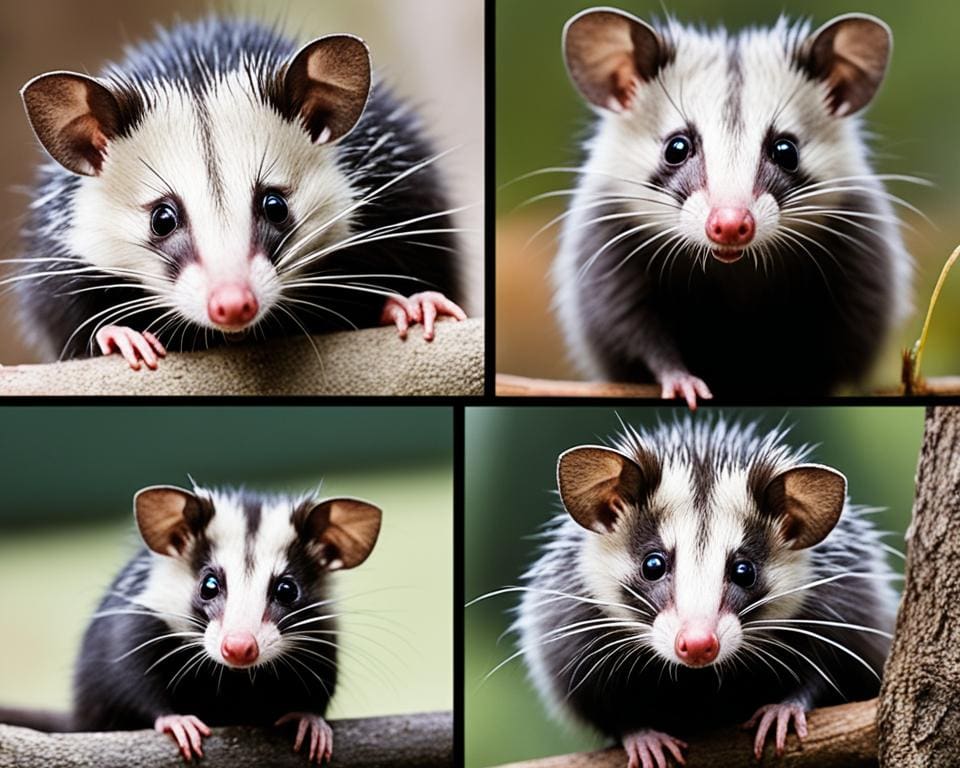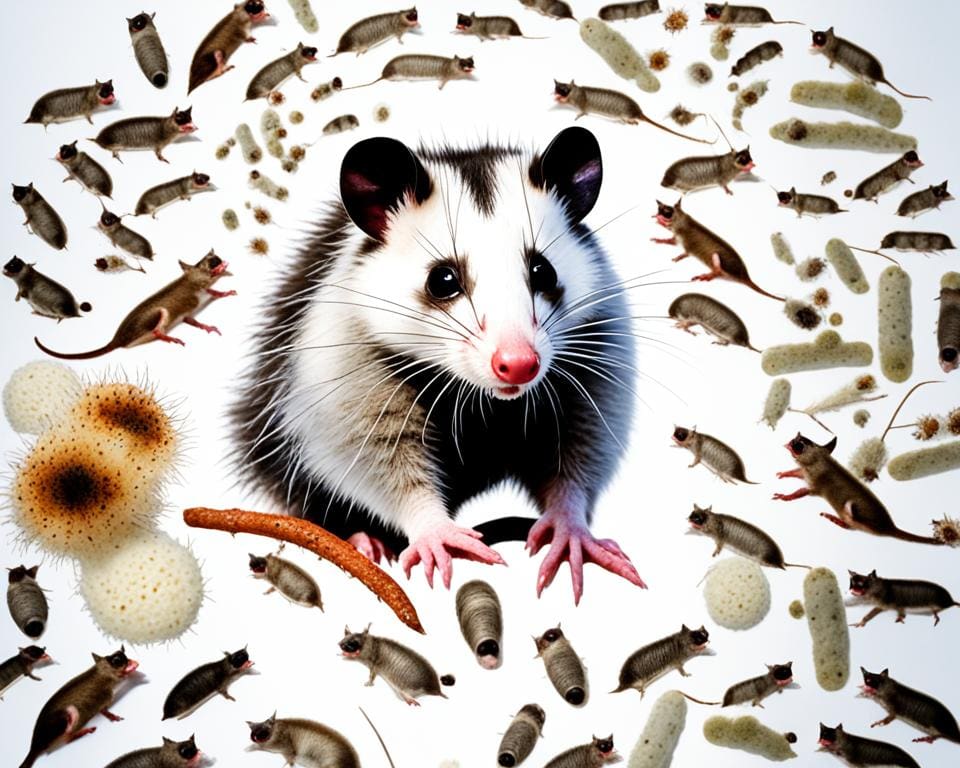Opossums, often seen scurrying through backyards and gardens, hold a fascinating yet misunderstood place in our ecosystem. As nature’s pest controllers, they play a vital role in reducing populations of ticks and rodents. However, many people wonder, do opossums carry diseases? This question, rooted in concerns about opossum health risks, often overshadows their ecological benefits. According to The Wildlife Society, these marsupials actively consume ticks, helping mitigate the spread of Lyme disease. Furthermore, insights from the Centers for Disease Control and Prevention (CDC) reveal that while opossums can host some pathogens, the actual risk of diseases from opossums to humans remains low, fostering an understanding that these creatures are more beneficial than harmful. With their unique immune systems capable of combatting many pathogens, opossums deserve our admiration rather than fear as we delve deeper into the topic of opossum diseases.
Understanding Opossum Health Risks
Exploring opossum health risks provides valuable insights into the common diseases that may affect these unique creatures, as well as the potential threats they pose to human health. Awareness of common opossum diseases is crucial for recognizing how to manage interactions with these animals.
Common Opossum Diseases
Opossums can be susceptible to various illnesses, impacting their overall health. Some of the notable diseases include:
- Leptospirosis: This bacterial infection can be transmitted through water contaminated with infected urine, posing a risk to both opossums and humans.
- Tuberculosis: While generally rare, some opossums may harbor this contagious disease, further emphasizing the need for awareness of diseases from opossums.
Diseases from Opossums: The Facts
The transmission of diseases from opossums to humans is relatively rare. The CDC reports that incidents of opossum health risks are uncommon, demonstrating that effective management and understanding can minimize potential health hazards. By being informed about the risks, individuals can take preventive measures to ensure safety when encountering these animals.

Do Opossums Carry Diseases?
Understanding the health implications associated with opossums often raises questions about their potential to carry diseases. Recognizing the extent of zoonotic diseases from opossums is crucial, as this knowledge helps to shape our perception and interaction with these unique creatures.
Zoonotic Diseases from Opossums
Opossums are not significant carriers of zoonotic diseases. Anecdotal evidence may suggest otherwise, yet scientific research indicates a minimal risk regarding disease transmission. While opossums can host certain parasites, their overall contribution to human disease is limited. Common concerns revolve around pathogens like leptospirosis and tularemia, but transmission through direct interaction is rare. Understanding the true limitations of these zoonotic diseases from opossums can alleviate fears surrounding them.
Opossum Parasite Risks
When discussing opossum parasite risks, the focus often turns to fleas, ticks, and mites. These parasites can create health risks independent of the opossum itself. Often, the more important aspect lies in the presence of these parasites in the environment. The likelihood of opossums passing on diseases remains low, as many parasites prefer different hosts or require further ecological interactions for disease transmission. Awareness of potential opossum parasite risks provides insight into preventive measures rather than amplifying unfounded fears.
Opossum Behavior and Disease Transmission
The behavior of opossums plays a crucial role in their potential for disease transmission. Known for their solitary nature, opossums often avoid confrontation and prefer to flee rather than engage. This instinct is epitomized in their defense mechanism of “playing dead,” which effectively dissuades many predators and minimizes encounters. Because of their non-aggressive approach, they are less likely to be involved in situations that could lead to opossum bites and diseases, maintaining a lower risk of spreading infections in their environments.
Furthermore, opossum foraging habits are significant in reducing human interaction, which in turn diminishes the likelihood of disease transmission. Studies published in The Journal of Mammalogy illustrate the intricate ecosystem roles these creatures play, highlighting how their behaviors foster a balanced environment. Their diet consists mainly of pests like ticks and waste, which not only aids in their survival but also contributes to a healthier ecosystem, further lowering potential disease risks.
The Centers for Disease Control and Prevention (CDC) provides guidelines emphasizing that opossums are among the least likely mammals to carry and transmit rabies. Their natural defenses and behavioral tendencies lead to a minimal overall risk to human health, reinforcing the notion that understanding opossum behavior is essential in appreciating their role in disease transmission dynamics. As we continue to learn about these remarkable creatures, it’s evident that their unique behaviors are not just fascinating but also beneficial to our surroundings.









